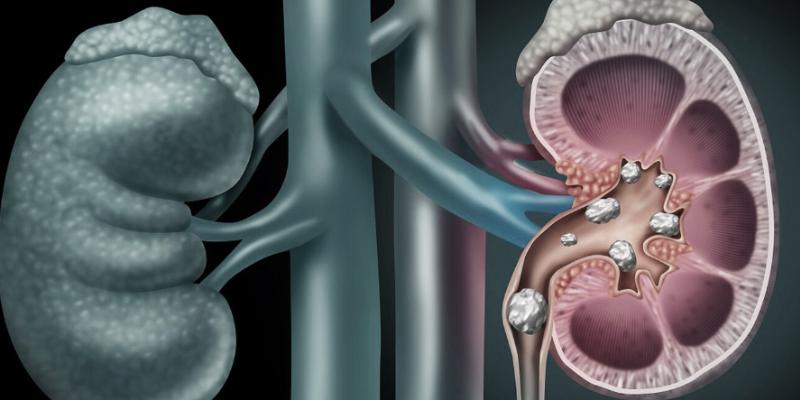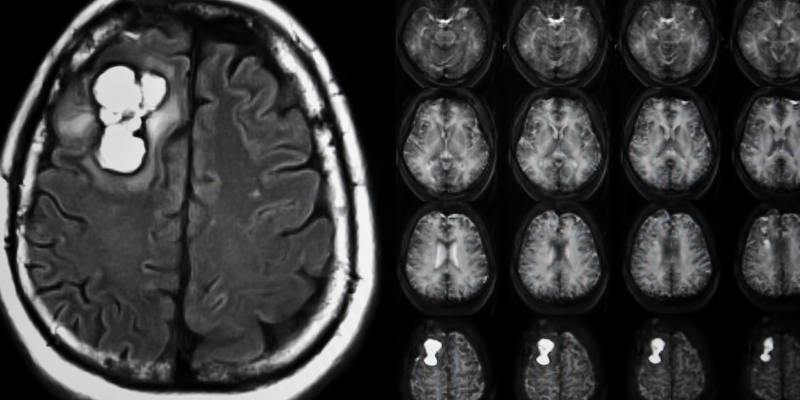Discover The Top 10 Causes Of Heartburn And Acid Reflux
Heartburn and acid reflux are among the most common digestive complaints, affecting millions worldwide. Characterized by a burning sensation in the chest or throat, these conditions occur when stomach acid flows back into the esophagus. While occasional symptoms can be manageable, frequent episodes may lead to more serious conditions, such as gastroesophageal reflux disease (GERD).
Understanding the causes of heartburn and acid reflux is key to effectively managing these conditions. In this article, we will explore the top 10 causes of heartburn and acid reflux and insights into how to prevent and manage these symptoms.
Consuming Trigger Foods:
One of the leading causes of heartburn and acid reflux is eating foods that irritate the stomach lining or relax the lower esophageal sphincter (LES). Common trigger foods include:
- Spicy Foods: Hot peppers and chili stimulate acid production.
- Citrus Fruits: Oranges, lemons, and grapefruits are acidic and can worsen symptoms.
- Fried and Fatty Foods: This slows digestion and increases pressure on the lower esophageal sphincter.
- Chocolate and Caffeine: Relax the lower esophageal sphincter (LES), allowing stomach acid to escape.
You can significantly reduce symptoms by identifying and avoiding your specific triggers. Keep a food diary to track what aggravates your condition.
Overeating:
Large meals can stretch the stomach, increasing the likelihood of stomach acid pushing back into the esophagus. When the stomach is overly full, the pressure on the LES increases, leading to heartburn.
To minimize this risk:
- Eat smaller portions throughout the day.
- Avoid eating until you feel stuffed.
- Take your time chewing and savoring your meals to prevent overeating.
Lying Down After Eating:
Reclining too soon after eating makes it easier for stomach acid to move upward into the esophagus. Gravity plays a crucial role in keeping stomach acid where it belongs, and lying down disrupts this natural process.
To reduce symptoms:
- Wait 2-3 hours after eating before lying down or going to bed.
- Use a wedge pillow or elevate the head of your bed to keep your upper body raised during sleep.
Being Overweight or Obese:
Excess body weight, particularly around the abdomen, increases pressure on the stomach and LES. This added pressure forces stomach acid into the esophagus, triggering heartburn. Losing even a small amount of weight can help alleviate symptoms.
Focus on:
- Incorporating a balanced diet rich in whole grains, lean proteins, fruits, and vegetables.
- Engaging in regular physical activity to maintain a healthy weight.

Smoking:
Smoking is a major contributor to heartburn and acid reflux. It weakens the lower esophageal sphincter (LES), reduces saliva production (which helps neutralize stomach acid), and damages the esophageal lining. Quitting smoking is essential not only for managing heartburn but also for improving overall health.
Here’s how smoking impacts heartburn:
- The chemicals in cigarettes relax the LES.
- Smoking decreases your body’s ability to repair damage to the esophagus.
Certain Medications:
Some medications can exacerbate heartburn by relaxing the LES or irritating the esophagus. Common culprits include:
- NSAIDs: Nonsteroidal anti-inflammatory drugs like ibuprofen and aspirin can irritate the stomach lining.
- Blood Pressure Medications: Certain calcium channel blockers relax the LES.
- Antidepressants: Some types of antidepressants may contribute to heartburn.
If you suspect your medication is causing heartburn, consult your doctor. They may recommend alternatives or provide strategies to manage symptoms.

Stress:
Although stress does not directly cause heartburn, it can make you more sensitive to its symptoms. Stress also impacts digestion, slowing down stomach emptying and increasing acid production.
To manage stress-related heartburn:
- Practice relaxation techniques like deep breathing, yoga, or meditation.
- Maintain a consistent eating schedule to support healthy digestion.
- Seek professional help if chronic stress is affecting your quality of life.
Hiatal Hernia:
A hiatal hernia occurs when part of the stomach pushes through the diaphragm into the chest cavity. This condition weakens the LES, making it easier for stomach acid to flow into the esophagus.
Symptoms of a hiatal hernia often mimic those of heartburn and include:
- Chest pain or discomfort.
- Difficulty swallowing.
- Persistent acid reflux.
- Treatment for hiatal hernias may include lifestyle changes, medications, or, in severe cases, surgery.
Managing Heartburn and Acid Reflux:
While it’s important to understand the causes of heartburn, managing the condition is equally crucial. Here are some general strategies to keep symptoms at bay:
- Eat Smaller Meals: Avoid overeating and opt for portion-controlled meals.
- Avoid Trigger Foods: Identify and limit foods that worsen your symptoms.
- Maintain a Healthy Weight: Losing even a small percentage of body weight can reduce heartburn episodes.
- Elevate Your Upper Body While Sleeping: Use pillows or a wedge to prevent acid reflux at night.
- Stay Active: Regular exercise supports overall digestive health.
- Consult a Doctor: If symptoms persist, seek professional advice to explore treatment options, including medications or surgery.
Conclusion
Heartburn and acid reflux are common yet manageable conditions. By understanding the top causes, from trigger foods and lifestyle habits to underlying health conditions, you can take proactive steps to reduce their impact. Simple lifestyle changes like avoiding large meals, maintaining a healthy weight, and managing stress can go a long way in preventing symptoms.
If heartburn persists or interferes with your daily life, consult a healthcare provider for a tailored treatment plan. Take control of your digestive health today to enjoy a life free from discomfort.









